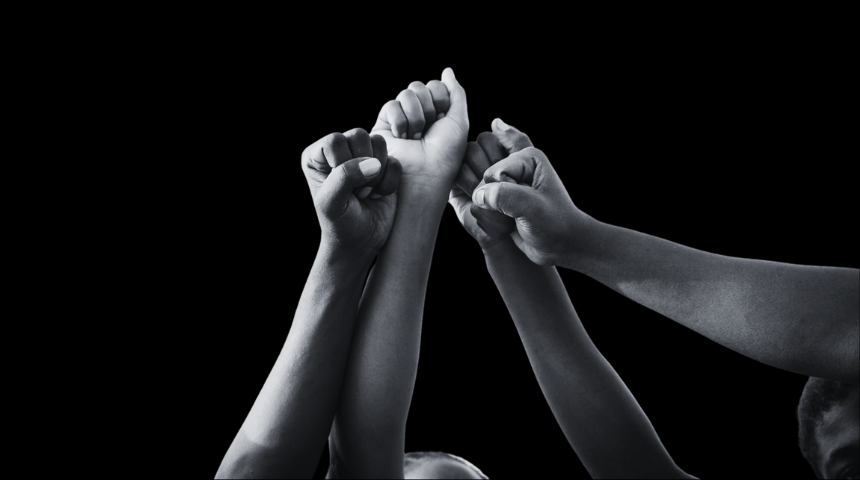August is a significant month for the lesbian movement in Brazil. Pride Day is celebrated on the 19th and the 29th marks National Lesbian Visibility Day.
The political representation of lesbian women has been on the rise in the country. In 2022, six were elected. The movement continues to grow stronger, demanding change to reduce vulnerabilities, including physical, symbolic, and political violence. In recent weeks, six lawmakers have faced threats of 'corrective rape.'
Increasing the representation of individuals from diverse sexual and gender backgrounds in positions of power is crucial to further strengthen a democracy capable of addressing the needs of society as a whole.
In June, our study, ‘Perceptions of LGBT+ Political Representation in Latin America' explored how populations in Argentina, Brazil, Colombia, and Mexico view the experiences of LGBT+ leaders in the political landscape of these countries. Recognizing violence as a significant obstacle was one of the key findings. You can check out the results here.
To mark this month of August, we spoke with Lélia de Castro, a lesbian feminist and a member of Mirada Coletiva, as well as Luminate’s partner organization VoteLGBT. During our conversation, we delved into the current landscape of lesbian representation in Brazilian politics. Check it out:
What does the current landscape of lesbian representation in institutional politics in Brazil look like today?
Based on research conducted by VoteLGBT, we've seen an increase in the participation and election of lesbian and sapatão¹ candidates and representatives, but there's still significant underrepresentation. Out of the 18 LGBT+ individuals elected to legislative bodies in the last election, 16 are women with six identifying as lesbians. The majority of these representatives are concentrated in the South and Southeast regions of Brazil.
As we were able to analyze the elections from the pre-campaign stage, we tracked the journey of lesbian and sapatão candidacies and the hurdles they face in institutional politics. During the pre-campaign phase, when they were still considering running for office, lesbians and sapatão candidates had not yet initiated conversations with political parties to secure financial resources and support for their campaigns. However, they were already highly mobilized and socially connected. This data demonstrates a strong social political capital of their own, with stronger ties to social movements than within political parties.
When it came to the campaign, lesbian and sapatão candidates were proportionally more endorsed by political parties to compete in the elections than other LGBT+ identities. Similarly, in the elections, lesbian and sapatão candidacies proportionally achieved more success than other LGBT+ candidates.
Despite achieving success in elections, LGBT+ underrepresentation remains enormous, making it the social group with the lowest political representation when compared to the Brazilian LGBT+ population. VoteLGBT estimates that this underrepresentation currently stands at approximately 55-fold.
One contributing factor to this underrepresentation is LGBTphobia. In a report submitted by VoteLGBT to the Organization of American States' Electoral Observation Mission, we documented 62 cases of violence against LGBT+ candidates in the 2022 elections. Among those records, 30 cases were more directly linked to LGBTphobia, including four instances of lesbophobia.
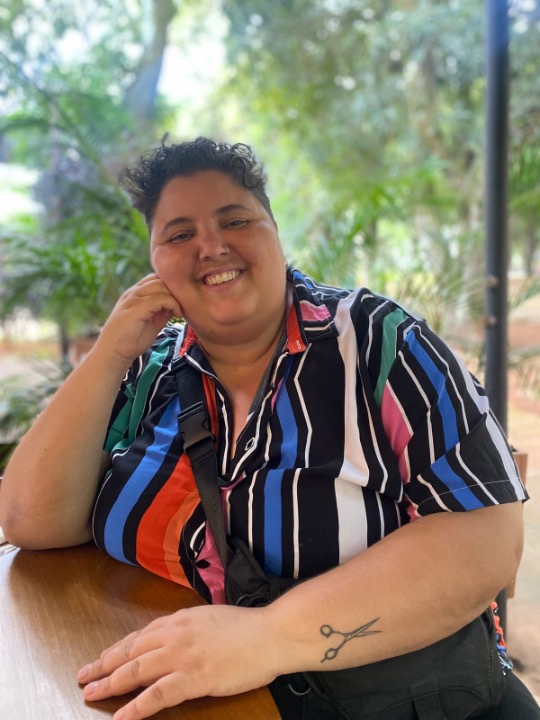
What is the importance of ensuring representation for lesbian women in institutional politics?
We are shaped by our orientation, which informs how we perceive the world, but we are not defined solely by our sexual orientation. Lesbian and sapatão lawmakers have been instrumental in shaping and influencing discussions on fundamental and overarching aspects of public policies, such as healthcare, employment, the environment, and education. In fact, one of the strategies of LGBTphobic political violence is to confine us to a limited scope of action, as if these lawmakers could only address issues related to sexuality and gender in their mandates.
The social vulnerability tied to the romantic and sexual orientation of lesbians and sapatão individuals heightens their sensitivity when it comes to contemplating and advocating for inclusive public policies and legislative initiatives. Furthermore, the lesbian and sapatão movement in Brazil leans progressive, with its elected representatives actively promoting the agenda of social inclusion within legislative bodies. This trend is consistently observed during the Lesbian and Bisexual Marches, which run parallel to the LGBT+ Pride Parades. During these events, participants express support for LGBT+ issues, align with the demands of other movements like the Black movement, and exhibit a clear preference for left-leaning candidates in elections.
The increase in representation coupled with a progressive, inclusive, and pluralistic political orientation has enabled the fight for the expansion of access to genuinely equal rights within legislatures.
What are the main challenges in increasing the representation of lesbian women in Brazilian politics today?
The most significant challenge has been accessing and maintaining positions within institutional spaces that are openly lesbophobic and sexist. In this month of August, as we celebrate Lesbian and Sapatão Pride and Visibility days, six openly lesbian lawmakers received threats of 'corrective rape' - a term used to justify rape as a means of 'correcting' sexuality that deviates from the 'norm.' This example illustrates how the goal of LGBTphobic targeted attacks on lawmakers has been to halt their terms, their agendas, and their visibility.
LGBTphobic political violence forces them to disproportionately spend more resources, time, and staff on defense rather than proposing public policies. It hijacks our proactive advocacy and jeopardizes our presence in politics.
Hence, lesbian and sapatão visibility, while promoting belonging, also threatens the continuity and existence of these lawmakers in politics, given our conservative political landscape [in Brazil]. This is especially true for those who represent progressive political projects rooted in feminist agendas and focused on the LGBT+ population.
However, it's interesting to note that even in the face of adversity, symbolic victories have been achieved. For the first time, on 29 Augst, the National Congress hosted a solemn session in honor of Lesbian Visibility Day, thanks to the mobilization of the first openly lesbian federal deputy to take a seat in the house, Daiana Santos.
Another challenge in increasing representation is the lack of support within political parties. It can be said that the electoral success of lesbian and sapatão candidacies has partly been due to current legislation that provides resources for women and Black candidates. Nevertheless, the absence of quota reserves or proportional allocation of public party funds to LGBT+ candidates remains a hurdle for their participation in politics. Only two parties currently allocate some form of financing to LGBT+ candidacies, even without legal obligations: PT and PSOL.
How can increased lesbian visibility lead to greater representation?
The rise in visibility of lesbians and sapatão individuals creates and nurtures a sense of recognition in those who see themselves represented. Having role models is crucial in shaping new visions and choices about the places we want to inhabit and the positions we aspire to, both physically and symbolically.
With increased visibility, there's also a broader understanding of the diversity of lesbian and sapatão realities, primarily because we are multifaceted and diverse, breaking free from stigmas and stereotypes of what a lesbian or sapatão should be. For example, it shows that our existence is not solely defined by violence, highlighting other stories and life experiences possibilities.
When one of us is positively represented, with a successful path in politics, it inspires others to occupy that space that has long been denied to us, nurturing our dreams and aspirations.
1. When translated into English, the Brazilian term Sapatão means dyke. However, the derogatory term has been reappropriated as a form of empowerment by the lesbian community in Brazil.
Related content
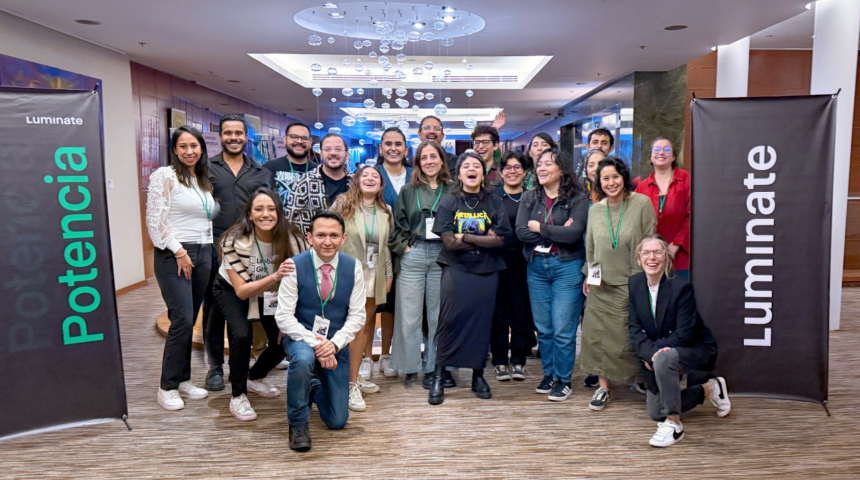
Potencia: The power of beyond-the-grant support
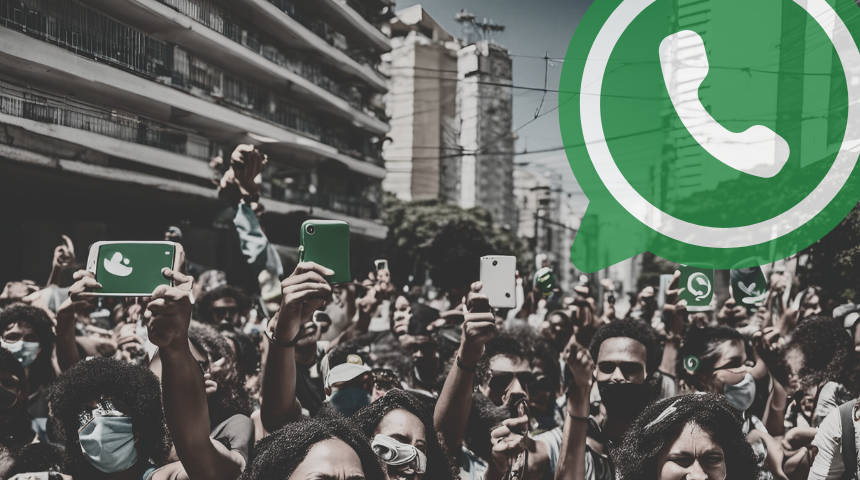
How Brazilians are defending their digital rights
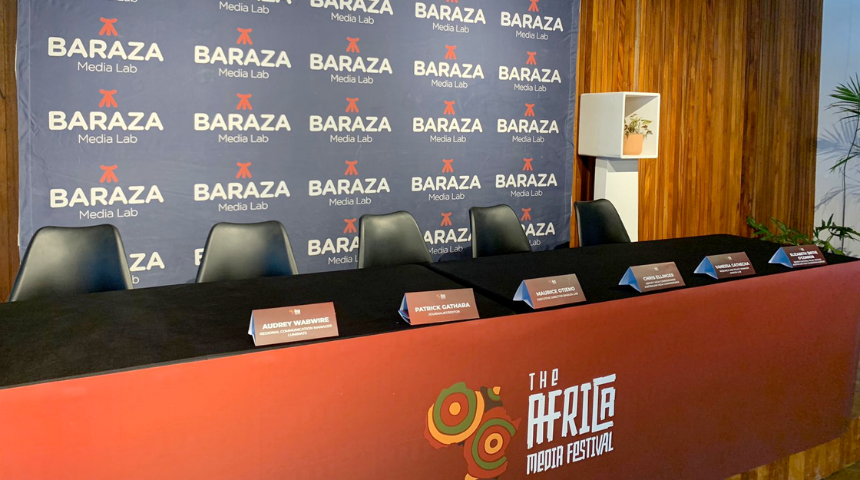
The African Media Ecosystem and Technology
